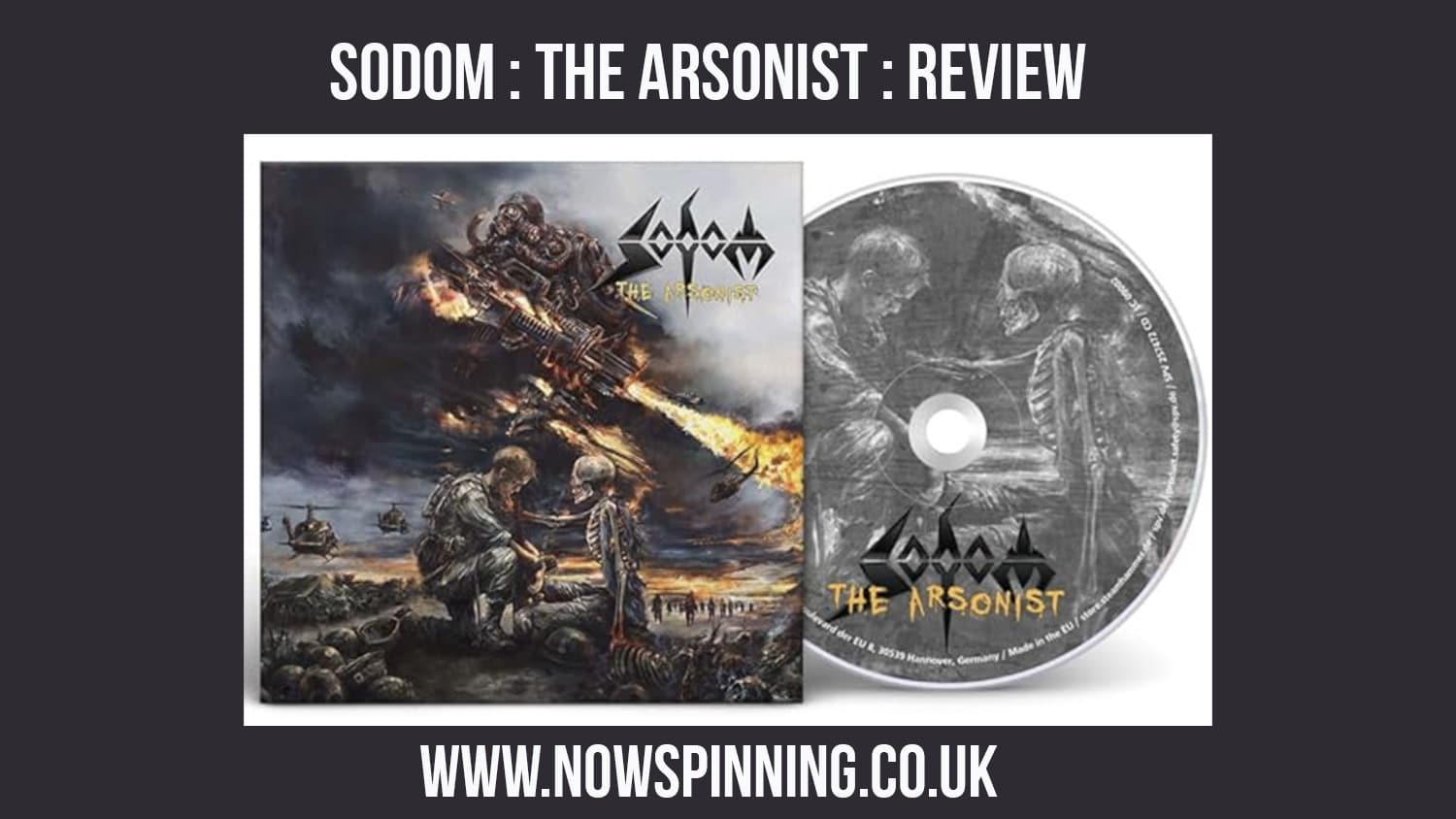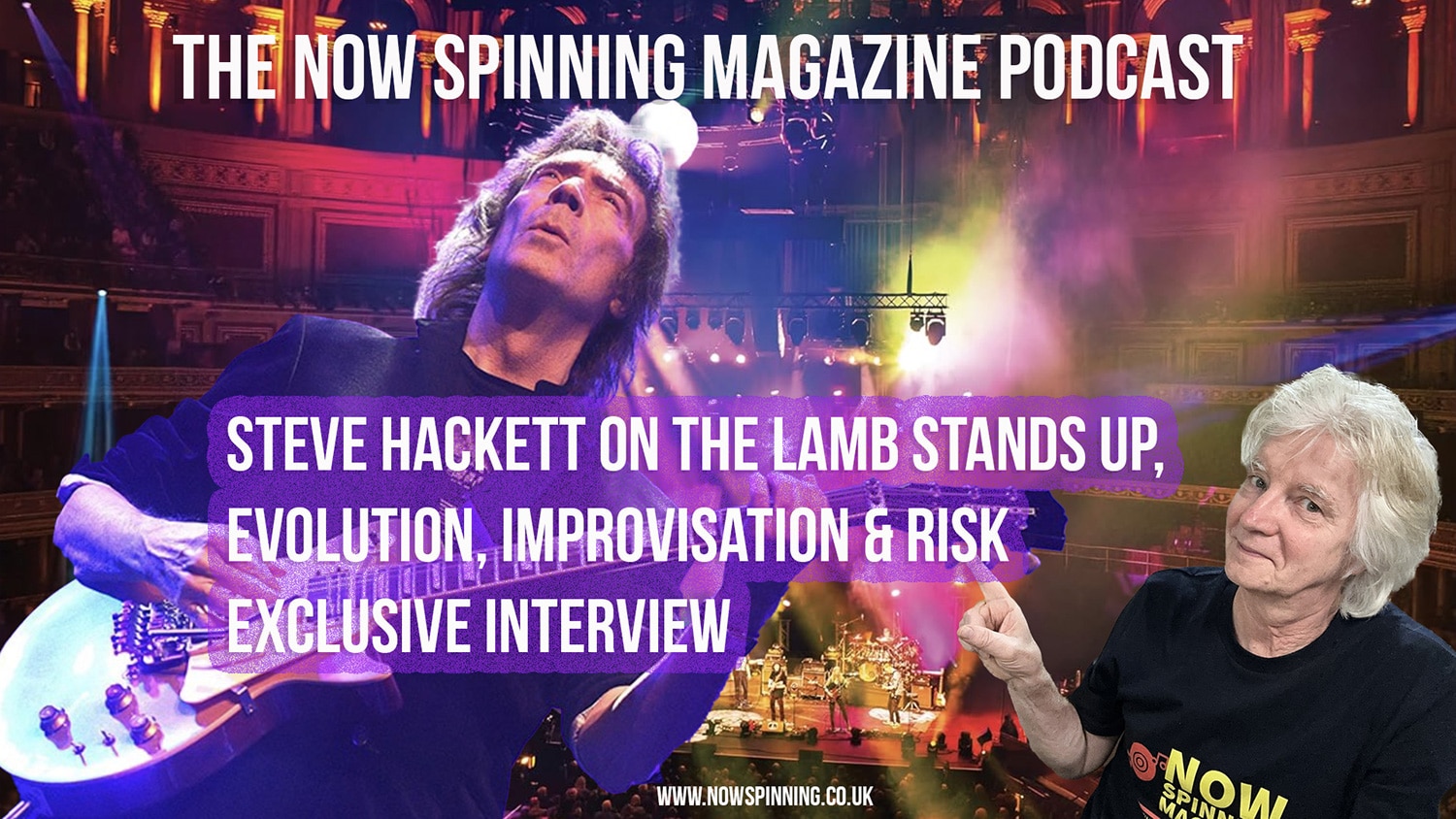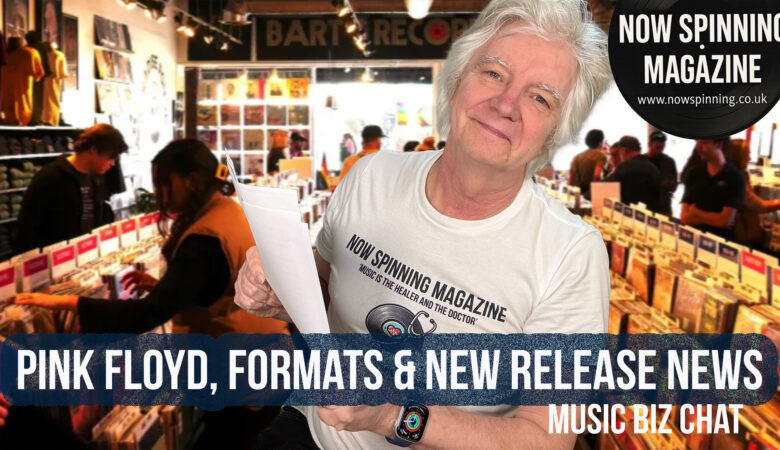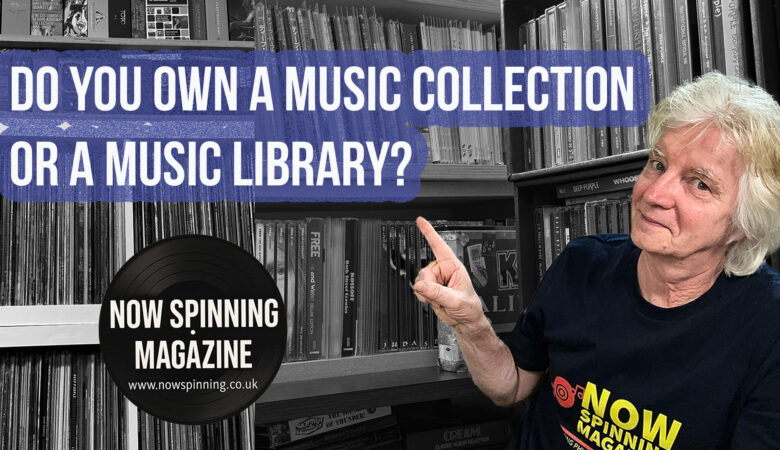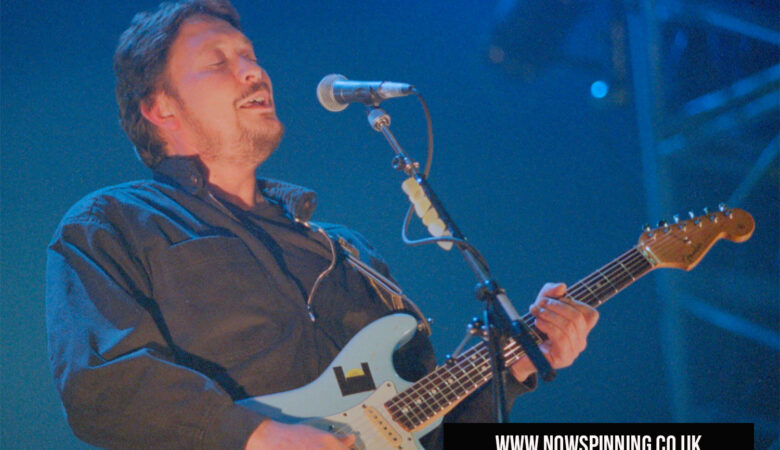We Are the New Record Shops – Why Music YouTube Channels Deserve Fair Use Rights
At Now Spinning Magazine, we live and breathe music. Every video, every podcast, every blog post is created to share the joy of music and introduce people to albums and artists they might never otherwise discover. But behind the scenes, there’s a frustrating issue affecting all of us who use our platforms to support the very industry we love – and that’s the rigid, outdated way copyright enforcement is being applied on YouTube.
This isn’t a typical “reaction video,” but rather a heartfelt response to something I – and so many other music lovers and content creators – feel deeply about: the inability to use even a few seconds of music in our videos without risking takedowns, demonetisation, or worse, copyright strikes.
When I started Now Spinning Magazine, I occasionally included music snippets to illustrate what I was talking about. I’d play 5–10 seconds of a guitar solo, or a song that was meaningful to me, just enough to bring the magic alive. But that soon became impossible. Videos were blocked. Copyright flags flew in. My channel was at risk. And so, like many others, I stopped using music altogether – even though I’m here to support it.
It’s ironic, isn’t it? I’m trying to promote music – old and new – and yet the very labels and artists I champion are often the ones standing in the way. Not always knowingly, of course. Often it’s automated copyright detection systems, or labels acting out of fear that someone, somewhere, is trying to “steal” from them. But we’re not stealing. We’re shining a light.
Take my wife, Sue Aston, for example. She runs a wedding string quartet business and once posted a short video of her playing a Brian Adams song – nothing commercial, just a lovely moment from a real wedding filmed on a phone. Eight years later, she received a copyright strike so severe that her entire YouTube channel was nearly removed. Why? Because of a 30-second, not-for-profit musical tribute.
This isn’t just overkill. It’s counterproductive.
In one case, I spoke about a new, limited edition box set with genuine enthusiasm. I didn’t play a note of music – just described it with words. And yet that very video helped sell out the entire edition in less than 24 hours. That’s the power of word-of-mouth, community, and trusted voices.
We’re not pirates. We’re plugger 2.0. We’re virtual record shops.
Remember those moments in the 1970s and ’80s when you’d walk into a record store, and something was playing you’d never heard before? You’d go up to the counter and say, “What’s that?” and walk out with an album under your arm. That’s what music channels like mine do every day. Only now, the counter is digital – and worldwide.
The issue here isn’t just copyright law. It’s the shortsightedness of its application. If labels block clips from small creators who champion their music, they’re cutting off the very discovery routes that bring people back to their catalogues. Discovery leads to purchase. Engagement leads to lifelong fans. This isn’t speculation – I’ve seen it happen again and again.
And it’s not just about the big names. Channels like Now Spinning Magazine are vital to emerging artists too. We’re the ones playing music from new bands, interviewing them, helping them get noticed. And yet even then, their music gets blocked, because the system doesn’t know how to tell the difference between a bootlegger and a believer.
Yes, I can describe a vocal line or a guitar break. But it’s like being a food critic who’s not allowed to let you taste the food. “Take my word for it – it’s delicious.” Wouldn’t it be better if I could play a few notes so you could experience it for yourself?
We don’t need blanket permissions or endless bureaucracy. Just a little trust. A recognition that music YouTube creators are allies, not enemies. That a 5-second clip, wrapped in 20 minutes of thoughtful commentary, isn’t theft – it’s a love letter to the artist and the art.
If you work in a record label or rights organisation and you’re reading this: let’s fix this. Let us help you. Let us play a small part in growing the community that keeps music alive.
Because at the end of the day, music isn’t a commodity. It’s the doctor and the healer. And the best way to protect it is to let it be heard.
Phil Aston | Now Spinning Magazine


